
CURE® surveyed its audience to see if cancer has affected their identity. Here’s what they have to say.

Sailaja Darisipudi(she/her) has previously led communications for nonprofit organizations fighting against gendered violence and worked as an educator. She believes passionately in fighting for gender equality, destigmatizing mental health, making quality health resources available across socio-economic statuses and decreasing the gap between public education and the complexities of the American health care system. At Rutgers University, Sailaja studied public health, wrote and edited for newspapers such as RU Examiner and EMSOP Chronicles and accumulated an alarming number of parking tickets. When not working, Sailaja can be found getting lost (literally and metaphorically) in new cities, overanalyzing various romance books and streaming shows and ordering all the vegetarian items at different restaurants. You can also find her on Twitter at @SailajaDee.

CURE® surveyed its audience to see if cancer has affected their identity. Here’s what they have to say.
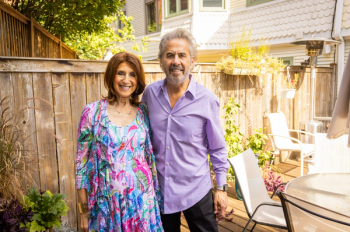
Rickey and Marla Briskman’s marriage has grown as both have navigated the roles of patient with cancer and caregiver.
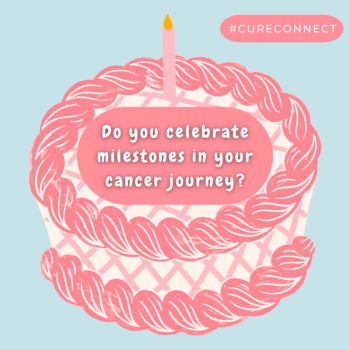
CURE® surveyed its audience to learn how they celebrate milestones in their experiences with cancer, if they do at all. Here’s what they have to say.

Patients with breast cancer who receive mastectomies and are discharged the same day report similar levels of satisfaction to those who are admitted, but more research is needed, explained an expert.

Promising early clinical data about the drugs ERAS-007 and ERAS-601 has led to a trial studying the combination of the two drugs in treating patients with RAS/MAPK pathway-driven cancers.

Through a survey on social media, CURE® collected responses on what terms people prefer when describing their cancer experiences. Some people who have experienced cancer explain why they have embraced the terms "thriver" and "warrior."

CURE® surveyed its audience to see which terms they prefer to use when describing their cancer experiences. Some people who have experienced cancer explain their mixed feelings with the commonly used terms “patient” and “survivor.”
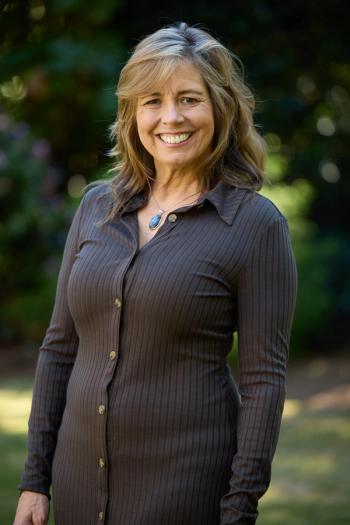
Lung cancer survivor Terri Conneran shares her story of creating a non-profit to help connect with fellow patients and survivors who have the KRAS biomarker.
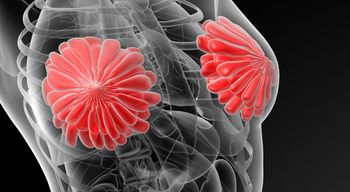
Recent study results showed that patients with advanced HER2-positive breast cancer lived longer without disease progression when treated with Enhertu compared to when treated with Xeloda.
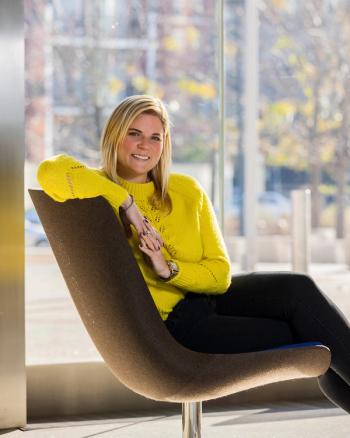
A childhood cancer survivor now works raising funds for Children’s Hospital of Philadelphia, the same hospital where she received treatment for Ewing sarcoma at 12 years old.

An expert explains what the FDA’s accelerated approval of Krazati means for patients with KRAS G12C-mutant locally advanced or metastatic non-small cell lung cancer and what he hopes will come next.

CURE® surveyed its audience to see which terms they prefer using when describing their cancer experiences. Some people who have experienced cancer explained why they dislike certain labels.

When Sean Korbitz was a 20-year-old college student, his life trajectory changed with a rare cancer diagnosis, resulting in the removal of 40 tumors; fifteen years later, a new drug made him feel like a “medical miracle.”

Sexual dysfunction is not less common in women with bladder cancer who undergo reproductive organ-sparing radical cystectomy, although more research is needed.
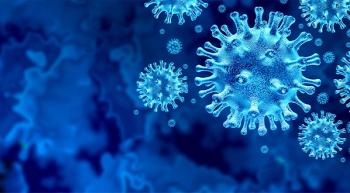
During the holiday season, immunocompromised people, particularly patients with cancer, may have an increased risk for getting COVID-19. An expert shares tips on how to have safe and enjoyable family gatherings.
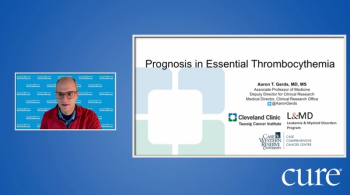
Watch Dr. Aaron T. Gerds, from Cleveland Clinic Taussig Cancer Institute, discuss essential thrombocythemia risk during the CURE Educated Patient MPN Summit.

After Marshall Morris was diagnosed with a rare cancer and given only six months to live, he created a charity that empowers people with terminal illness and provides them with counseling and support.
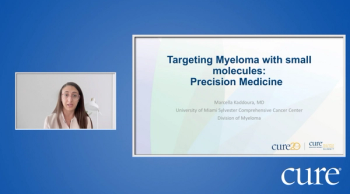
Watch Dr. Marcella Kaddoura, from Miami Sylvester Comprehensive Cancer Center, discuss targeting myeloma with small molecules with precision medicine during the CURE® Educated Patient® Multiple Myeloma Summit.
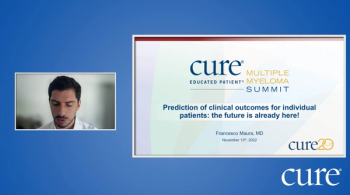
Watch Dr. Francesco Maura, from Miami Sylvester Comprehensive Cancer Center, discuss how personalized prediction models can be used to identify the best treatments during the CURE® Educated Patient Multiple Myeloma Summit.
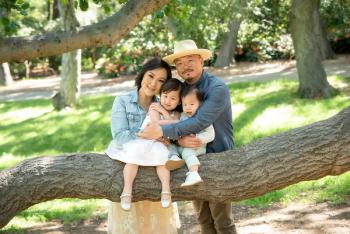
A nurse shares what it was like when her daughter was diagnosed with an aggressive cancer during the beginning of the COVID-19 pandemic.
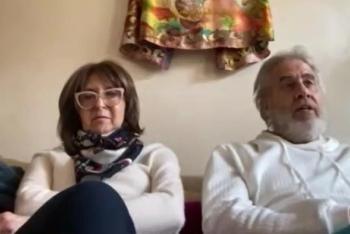
For National Family Caregivers Month, lymphoma caregiver Rickey Briskman explains the importance of caregivers putting themselves first.

CURE® surveyed its audience to see how they cope with “scanxiety,” the anxiety surrounding cancer scans. Here’s what they had to say.
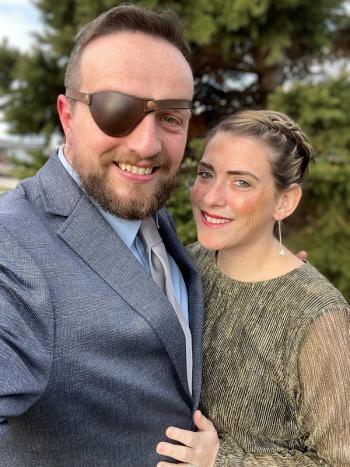
A woman whose husband was diagnosed with ocular melanoma at 28 years old opens up about her experiences navigating the cancer world and her search for a supportive community.

CURE® surveyed its audience to see if cancer and the COVID-19 virus are changing their Thanksgiving plans. Here’s what they had to say.
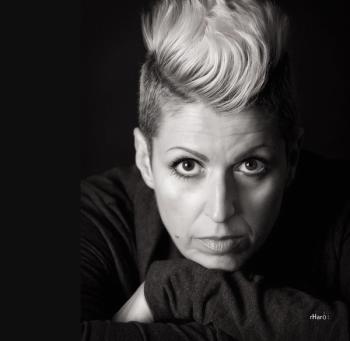
A 17-year survivor shares her experience of getting diagnosed with mesothelioma at 36, when people with this cancer are typically diagnosed at a much older age and given months to live.

CURE® surveyed its audience to see if they had people in their life cut off communication after a cancer diagnosis, sometimes known as “cancer ghosting.” Here’s what they had to say.
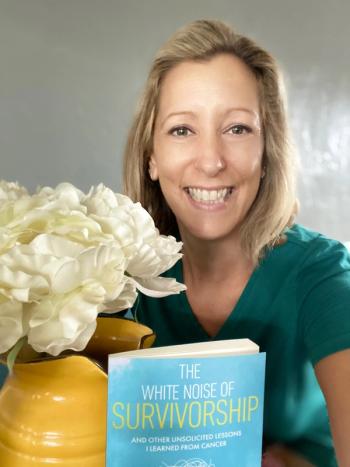
A woman with a rare and aggressive cancer shares how writing about the realities of cancer survivorship improved her mental health and even helped strengthen her relationship with her family.
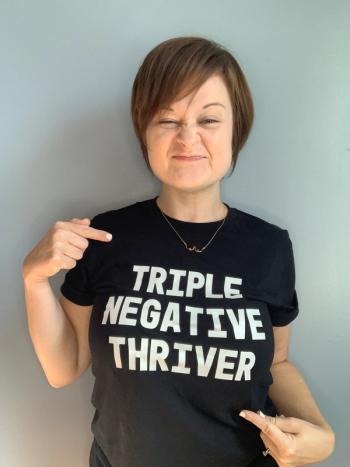
A woman without a family history of breast cancer shares how she went from volunteering at breast cancer walks to one day finding herself in the shoes of someone living with the disease.
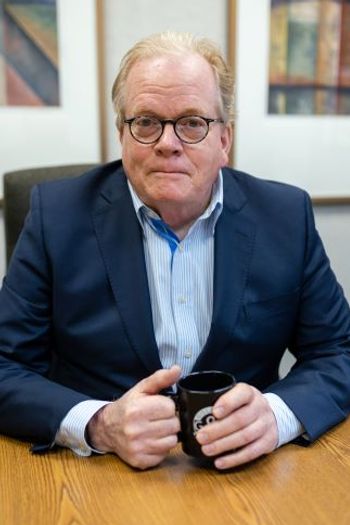
A man shares how reading the footnote of a CT scan looking for heart disease alerted him to a mass in his right lung, leading to an unexpected diagnosis of lung cancer.
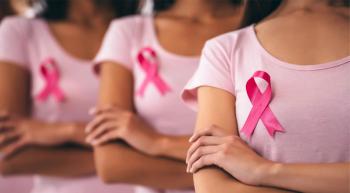
CURE® surveyed its audience to learn more about what they think about Breast Cancer Awareness Month, sometimes known as “Pinktober�”. Here’s what they had to say.
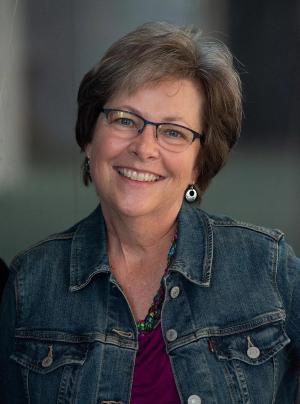
Published: August 17th 2022 | Updated:
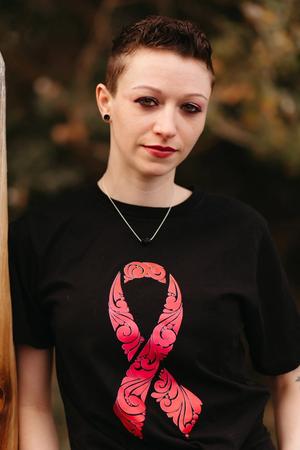
Published: October 13th 2022 | Updated:
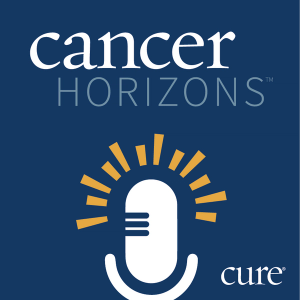
Published: September 23rd 2022 | Updated:

Published: December 20th 2022 | Updated:
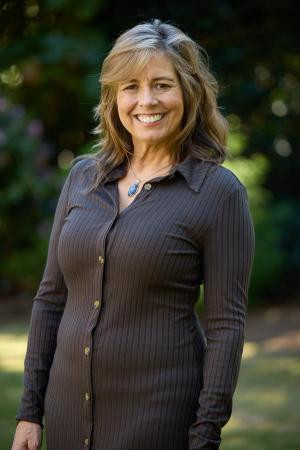
Published: December 29th 2022 | Updated:
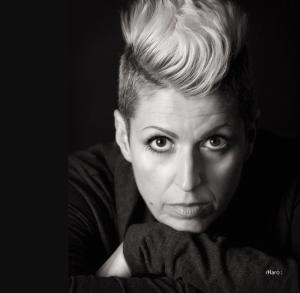
Published: November 17th 2022 | Updated: